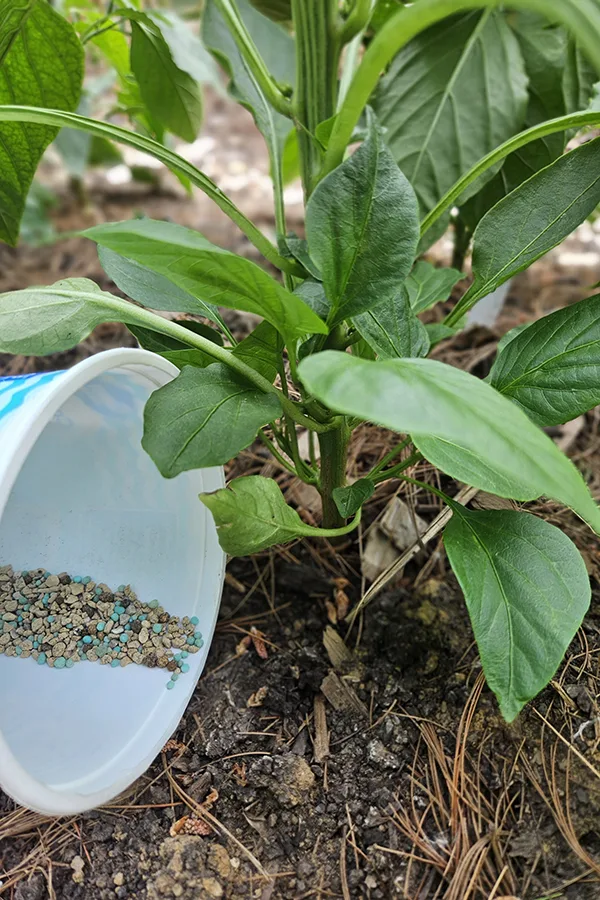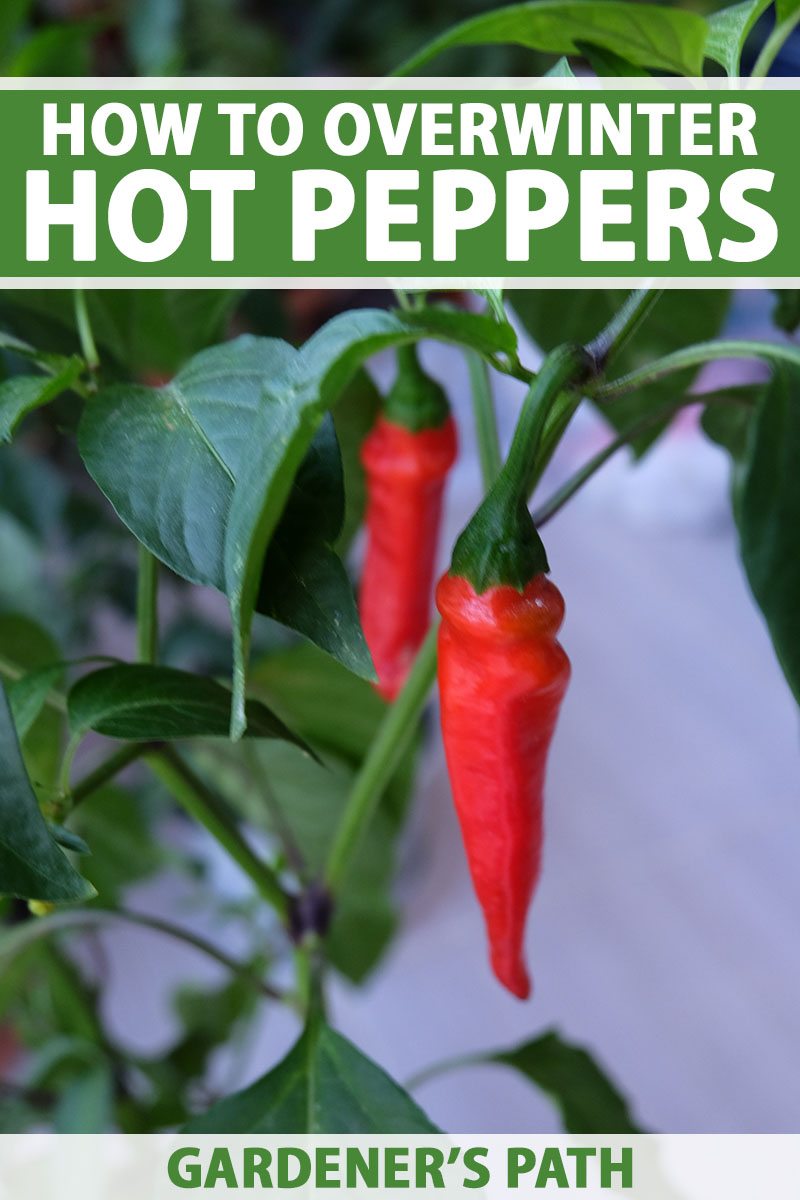Best Fertilizers for Peppers: A Comprehensive Overview to Boost Your Harvest
Best Fertilizers for Peppers: A Comprehensive Overview to Boost Your Harvest
Blog Article
Organic Vs. Synthetic Fertilizers: Which Is Best for Nurturing Healthy Pepper Plants?
In the world of supporting healthy and balanced pepper plants, the choice in between natural and synthetic fertilizers stands as a crucial choice with far-reaching effects. While both alternatives goal to supply important nutrients to support plant development, the subtleties of their impact on the soil, plant health, and the setting spark a discussion that mirrors throughout the horticulture community. Recognizing the unique advantages and prospective challenges of each fertilizer kind is critical for pepper growers looking for to optimize their returns while maintaining a sustainable and eco-conscious method.
Advantages of Organic Fertilizers
Organic plant foods use a sustainable and environmentally-friendly technique to beneficial pepper plants, supplying vital nutrients without using synthetic chemicals. These natural fertilizers are originated from organic resources such as compost, manure, bone dish, and algae, advertising soil health and wellness and biodiversity. Unlike artificial fertilizers, natural options launch nutrients slowly, ensuring a balanced and consistent supply for pepper plants to prosper.
One significant benefit of natural fertilizers is their capability to enhance dirt structure and water retention. By improving soil health and wellness, organic fertilizers advertise advantageous microbial activity, which assists in nutrient uptake by pepper plants. Furthermore, organic plant foods minimize the danger of chemical run-off, securing water resources from pollution and safeguarding the environment.
Furthermore, organic plant foods add to long-lasting dirt fertility by advertising the development of advantageous soil microorganisms. These microorganisms assist damage down raw material, launching nutrients in a kind that is quickly available to pepper plants. best fertilizers for peppers. By cultivating a healthy and balanced soil ecological community, organic plant foods support lasting pepper growing practices that benefit both plants and the environment
Drawbacks of Artificial Fertilizers
Artificial plant foods, in contrast to their natural counterparts, position various drawbacks when utilized to nurture pepper plants, affecting both plant health and ecological sustainability. One major drawback of synthetic fertilizers is their propensity to leach nutrients from the dirt swiftly.
Additionally, the overuse of synthetic fertilizers can add to water contamination. Excess fertilizers not soaked up by plants can remove into water bodies, resulting in eutrophication, where algae flowers deplete oxygen levels in the water, harming marine life. In addition, artificial plant foods are typically stemmed from non-renewable resources, such as nonrenewable fuel sources, contributing to carbon emissions and environmental degradation throughout their production.
Nutrient Absorption Comparison
When contrasting synthetic and organic fertilizers in terms of nutrient absorption, natural fertilizers have the advantage of giving a more well balanced and slow-release source of nutrients. Organic fertilizers include a range of macro and micronutrients that are not just advantageous for the plants yet additionally advertise healthy and balanced soil microbial task, which assists in nutrient uptake.
Furthermore, organic fertilizers boost dirt framework and water retention ability, allowing pepper plants to access nutrients a lot more efficiently. This improved dirt high quality assists in origin growth, enabling better nutrient absorption. Synthetic fertilizers, although at first increasing plant growth due to their high nutrient focus, might prevent long-lasting nutrient absorption by derogatory soil health with time.
Ecological Effect Considerations

On the other hand, artificial fertilizers, although frequently even more promptly offered and focused to plants, can have damaging effects on the setting if not used correctly (best fertilizers for peppers). Their manufacturing needs high power inputs, resulting in greenhouse gas exhausts and contributing to environment change. Additionally, the runoff of excess synthetic plant foods can pollute water sources, causing eutrophication and harming water ecological communities.
Finest Fertilizer Practices for Peppers
When fertilizing pepper plants, optimizing nutrient uptake click here for more and lessening ecological influence are key considerations. To accomplish this, it is necessary to adhere to best plant food techniques customized to the specific needs of pepper plants. One important method is to do a dirt examination prior to applying any type of plant foods. This examination can figure out the pH degree of the dirt and determine any type of nutrient shortages, assisting you in choosing one of the most appropriate plant food formula.
An additional vital technique is to feed pepper plants at the correct time. Normally, peppers take advantage of getting fertilizer at growing and afterwards once more when they start to flower. Over-fertilizing can lead to nutrient imbalances and damage the plants, so it is essential to adhere to suggested application rates.
Additionally, picking a well balanced fertilizer with an NPK ratio that matches pepper plants' demands is fundamental. Organic plant foods, such as compost or manure, can be outstanding choices as they launch nutrients slowly and boost dirt structure over time. Synthetic plant foods can offer a quick nutrient increase when needed. Inevitably, combining natural and synthetic plant foods sensibly can aid nurture healthy and balanced pepper plants while lessening environmental effect.
Conclusion

Organic plant foods offer an environmentally-friendly and lasting strategy to nourishing pepper plants, supplying crucial nutrients without the use of synthetic chemicals. Unlike synthetic plant foods, natural options release nutrients slowly, making sure a steady and balanced supply for pepper plants to grow.
Artificial plant foods, in contrast to their organic counterparts, position different negative aspects when made use of to nourish pepper plants, impacting both plant health and environmental sustainability. When comparing artificial and natural plant foods in terms of nutrient absorption, organic fertilizers have the advantage of offering a much more well balanced and slow-release resource of nutrients.In addition, natural plant foods enhance dirt structure and water retention capacity, enabling pepper plants to access nutrients more efficiently.
Report this page